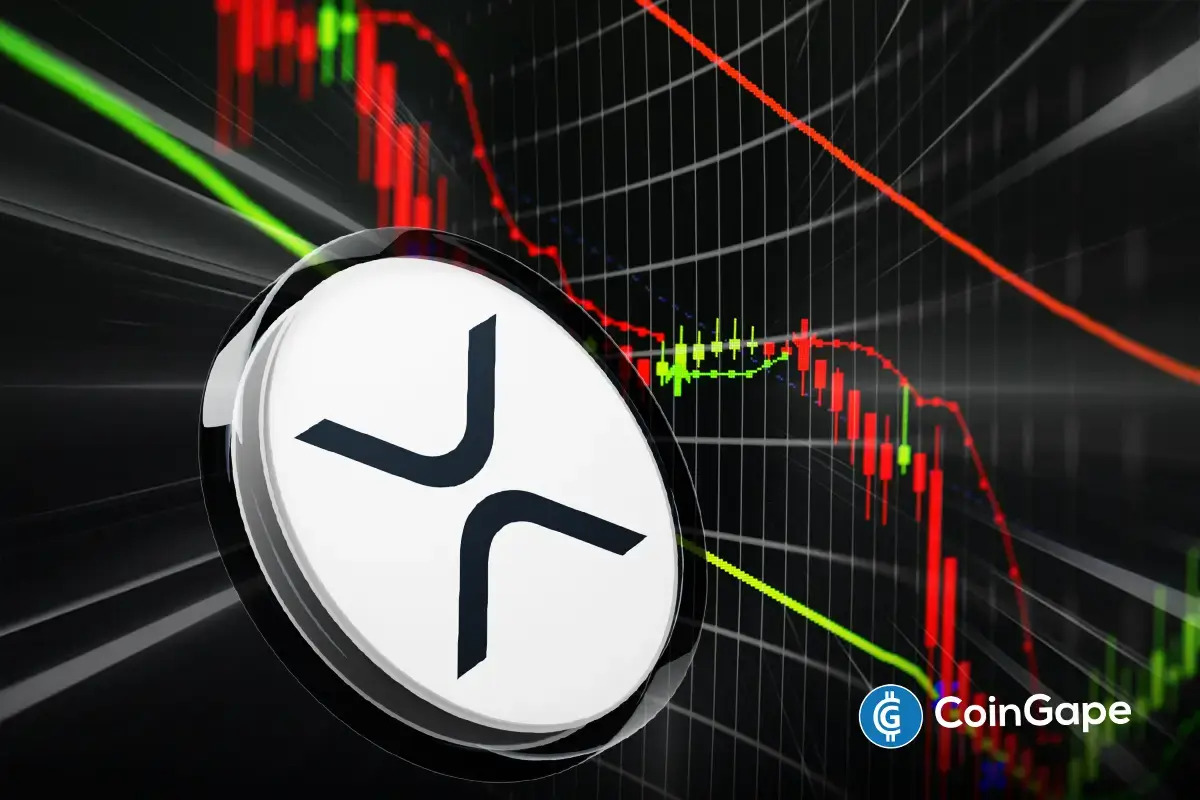Breaking: Uniswap Class Action Lawsuit Dismissed

Mike Wawszczak, a legal analyst recently took to the X platform to share that the Judge overseeing the case between the US Securities and Exchange Commission (SEC) and Coinbase has dismissed a class action lawsuit against Uniswap.
The dismissal comes after an extended period of legal proceedings and debate over the nature of Uniswap’s operations and its compliance with financial regulations.
The Basis of the Dismissal
The legal decision’s language bears special significance as it delves into the core essence of Uniswap’s decentralized nature. The judgment underscores that the heart of the Uniswap protocol lies in its decentralized structure, effectively highlighting the absence of identifiable defendants in this case.
Judge overseeing SEC v. Coinbase just dismissed a class action against Uniswap.
Notice the language:
“Due to the Protocol’s decentralized nature… no identifiable defendant.”
“…the fact that the current state of cryptocurrency regulation leaves them without recourse.” pic.twitter.com/CMoXzmjiWh
— Mike Wawszczak (@mikewawszczak) August 30, 2023
Unlike conventional legal proceedings that focus on specific individuals or entities as in the Ripple vs SEC case, Uniswap operates as a collective entity, dispersed across a global network comprising users and contributors.
Moreover, this dismissal serves to illuminate the uncertain regulatory landscape enveloping the cryptocurrency sphere. By acknowledging the challenges faced by the plaintiffs due to the lack of well-defined cryptocurrency regulations, the court’s ruling sheds light on the broader dilemma confronting both regulators and participants within the industry.
Background of the Uniswap Class Action
The heart of the Uniswap Class Action lawsuit lies in the accusation that the protocol conducted securities sales disguised as digital tokens. The plaintiffs allege that Uniswap’s actions breached securities law, bringing into question the regulatory status of tokens distributed by the platform.
One of the plaintiffs, Nessa Riley, hailing from North Carolina, claims to have suffered a loss of $10,400 in investments across EthereumMax, Matrix Samurai, and Rocket Bunny crypto assets.
Riley’s case illustrates the potential risks faced by investors in the cryptocurrency market, especially when dealing with relatively new and lesser-known tokens. Her claims suggest that Uniswap failed to adequately vet and investigate users and projects on its platform, ultimately exposing investors to fraudulent activities.
The accusations extend further, with Uniswap being accused of facilitating “rug pulls” and pump-and-dump schemes.
However, the dismissal of the Uniswap class action lawsuit could potentially set a precedent for future legal cases involving DeFi platforms. It might encourage other DeFi projects to assert their decentralized nature as a defense against similar allegations, thereby challenging regulators to adapt their strategies for overseeing this innovative space.
Play 10,000+ Casino Games at BC Game with Ease
- Instant Deposits And Withdrawals
- Crypto Casino And Sports Betting
- Exclusive Bonuses And Rewards

- Crypto Market Update: Top 3 Reasons Why BTC, ETH, XRP and ADA is Up
- Crypto News: Bitcoin Sell-Off Fears Rise as War Threatens Iran’s BTC Mining Operations
- U.S.–Iran War: Monday Crypto Crash Odds Rise As Pundits Predict Oil Price Spike
- US-Iran War: Reports Confirm Bombings In UAE, Bahrain and Kuwait As Crypto Market Makes Recovery
- XRP Price Dips on US-Iran Conflict, But Capitulation Signals March Rebound
- Bitcoin And XRP Price As US Kills Iran Supreme Leader- Is A Crypto Crash Ahead?
- Gold Price Prediction 2026: Analysts Expect Gold to Reach $6,300 This Year
- Circle (CRCL) Stock Price Prediction as Today is the CLARITY Act Deadline
- Analysts Predict Where XRP Price Could Close This Week – March 2026
- Top Analyst Predicts Pi Network Price Bottom, Flags Key Catalysts
- Will Ethereum Price Hold $1,900 Level After Five Weeks of $563M ETF Selling?

 Buy $GGs
Buy $GGs

















